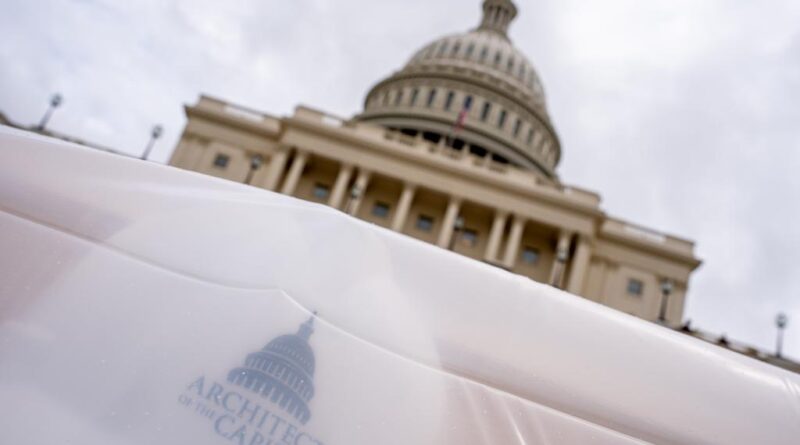Entitlements leading the US into a dangerous spending spiral

The most significant moral danger in American life is politics.
A notable event in 2012 was GOP presidential nominee Mitt Romney secretly recorded by a Democratic operative telling donors about the “47% of the people who will vote for the president no matter what” because they are “dependent upon government . . . believe that they are victims . . . believe the government has a responsibility to care for them . . . these are people who pay no income tax.”
Even I could have predicted that accusing half of the electorateof being moochers was unwise. Coming from a wealthy individual like Romney, it seemed snobbish.
Despite this, Romney was accurate.
And his statement then is even more accurate today.
However, in today’s political climate, asking citizens to bear the cost of their own lives is self-destructive.
In a recent Gallup poll, an astonishing 9 in 10 young women support socialized medicine combined with increased taxes on the wealthy.
What is the danger in supporting expensive utopian experiments when there are no consequences felt?
If we were to simplify federal taxes and require everyone to pay their “fair share,” or even a fraction of their share, 9 in 10 young women would likely oppose it and protest against the increase in taxes.
Unfortunately, this scenario is unlikely to occur due to the distorted incentives of modern politics.
The more the government spends, the less Americans anticipate to contribute.
The more dependency it fosters, the less self-sufficiency it demands.
Recently, the Wall Street Journal published a study highlighting a significant increase in government dependency.
In 1970, safety-net funding contributed substantially to income in less than 1% of all counties in the country.
By 2000, 10% of counties were receiving a significant portion of their income from federal and state safety-net and social programs.
Today? Over half of all US counties receive at least a quarter of their income from government assistance.
While left-leaning individuals often lament “income inequality,” they overlook the fact that nearly $2 trillion, equivalent to the GDP of a mid-sized European country, is transferred annually to low-income Americans through various programs like Medicaid, food stamps, and refundable tax credits.
Currently, 42 million people rely on food stamps.
If the state were lifting citizens out of poverty, it would be acceptable. However, it is actually creating a permanent underclass.
We are only able to sustain this vast wealth transfer due to being, by all measures, the wealthiest people on earth — by a significant margin.
Low-income Americans lead richer lives compared to the average citizens of most other nations.
However, how sustainable is this if a growing portion of voters depend on the efforts of their peers?
What occurs when this demographic becomes crucial in winning an election?
Indeed, our tax base is diminishing.
Progressives often cite Scandinavian nations as models of ethical governance.
In those nations, everyone pays extremely high taxes.
Within the United States, the top 5% of earners contribute 66% of all federal income taxes.
Our entire economy hinges on the success of a small fraction of individuals.
The left becomes annoyed when you point out that low-income citizens are still subject to numerous local taxes.
They indeed pay a multitude of unseen taxes.
For instance, sales taxes.
High corporate taxes can be considered a sales tax as well.
As are tariffs.
The inflation caused by extravagant government spending is arguably the most harmful invisible tax of all.
None of these compensates for the immense debt accumulated by the federal government each year. Even if every wealthy individual Democrats accuse of benefiting unfairly from capitalism were bankrupted, it would barely make a dent.
Our debt is essentially a significant generational tax.
In 2023, the federal government spent $6.13 trillion, with more than half allocated to entitlement programs.
For perspective, last year’s deficit of $1.7 trillion surpassed the entire budget of the US government in 1993.
Ten years ago, the federal budget was $3.4 trillion.
Can it be said that nearly doubling our “investment” in the federal government has resulted in more effective governance?
There was once a political party that at least partially opposed extravagant spending and occasionally deviated slightly from the impending disaster.
Today’s Republican Party no longer pretends to advocate for spending reductions.
Our politics has deteriorated into a competition of victimhood and class warfare.
And this will culminate in catastrophe.
David Harsanyi is a senior writer at the Washington Examiner. Twitter @davidharsanyi



